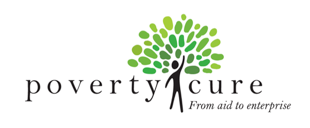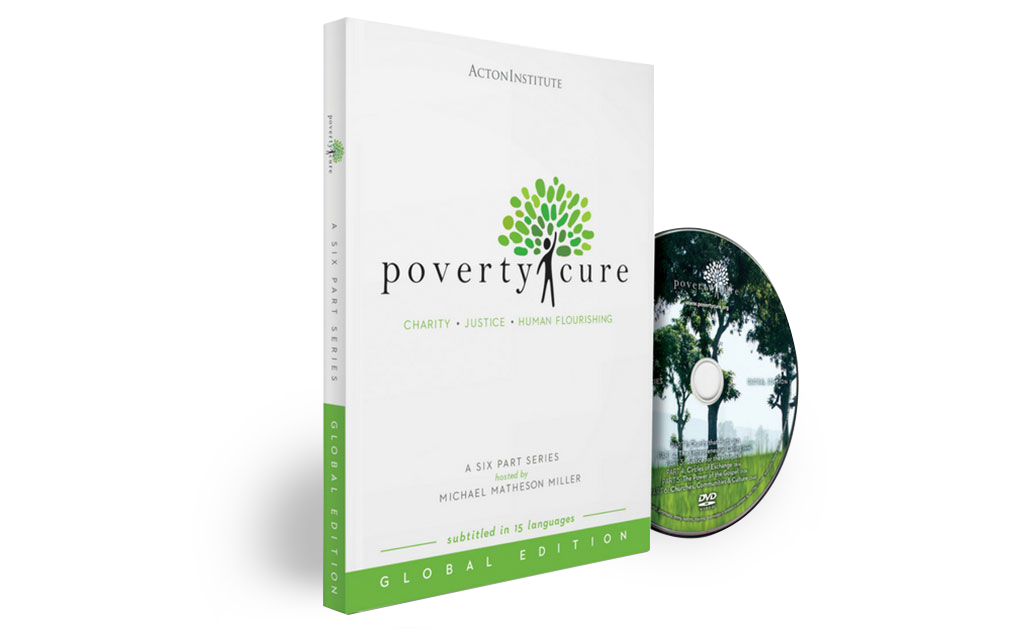Civil Society: An American Tradition
The United States has a particularly rich tradition of a strong civil society. Commenting on the young democracy that was America in the 1830s, Alexis de Tocqueville marveled at people’s habit to gather and form associations:
Americans of all ages, all conditions, all minds constantly unite. Not only do they have commercial and industrial associations in which all take part, but they also have a thousand other kinds: religious, moral, grave, futile, very general and very particular, immense and very small…. There is nothing, according to me, that deserves more to attract our regard than the intellectual and moral associations of America.
These tendencies of the American people led to the formation of aid societies in the early years of the country. Beginning in 1733 with the Freemasons in Boston, fraternal aid societies served as communities devoted to virtue and self-reliance, committing to charity and providing social welfare benefits for their members. These societies exemplified the power of communities to meet one another’s needs, often offering medical insurance, life insurance, and a host of interpersonal capital to their members. With the rise of the modern welfare state, however, these societies were crowded out, and their membership has steeply declined. Today, many Americans have forgotten their own ability to serve one another through civil society. The pillars of civil society play a pivotal role in poverty alleviation that cannot be adequately replaced by the pillars of government.
The Power of Personalism
When a member of civil society is in relationship with a poor person, poverty alleviation is no longer a U.N. development goal or a mission trip overseas; poverty alleviation is personal. This personalism transforms the nature of assistance and equips the individual with unique capacities to seek the flourishing of the poor, addressing root issues rather than only manifestations of brokenness.
The personal nature of civil society lends itself to specific knowledge of the poor and their circumstances. This enables assistance to be tailored to the individual needs of the poor. Bob Coté, founder and president of StepDenver (formerly called Step13), a non-profit transitional living program for homeless drug addicts, has personal insight to those who come to him that opens the door for enduring transformation. As the Heritage Foundation writes about StepDenver, “One man’s drug addiction is rooted in childhood abandonment, but the next man’s addiction can be traced back to a learning disability. Personally knowing these men enables [StepDenver] to provide necessary help.”
In relationship, it is possible to identify the root issues of poverty that reach far beyond material needs. Ryan Messmore, Executive Director of the Millis Institute at Christian Heritage College in Australia, comments on the importance of civil society addressing root issues, writing, “Simply giving taxpayers’ money to poor people doesn’t overcome poverty. In America, material poverty usually is a symptom of deeper problems, including depression and fatherlessness or other broken relationships.”
Individuals have unique wounds that require very different remedies. Civil society provides places where individuals can come gather and mix with one another. As Christians, these environments are the fields of the Great Commission. Knowing our neighbors should always involve seeking the flourishing of the least of these. To love our neighbor with our minds and hearts is to transform societies.
Accountability
Many government programs offer assistance without follow-up or long-term solutions. Civil society offers an environment where the borrower and lender are in relationship. The lender will follow up on their investments, and the borrower knows to whom they owe something.
Take the example of savings groups. These groups come together and all invest money in a fund that they lend out to members. The member then pays back the loan to the group. Typically, this group will go through some type of curriculum about business or the gospel, establishing shared values. The personal nature of people you know giving you a hand up leads to far greater accountability than blind handouts. People behave differently when they know who would be hurt if they failed to pay back loans.
Employment
Most people are hired at their first job not because they are fully qualified, but because someone vouched for them. Recognizing these types of social connections illuminates the social poverty of the poor in the United States. Civil society allows for individuals with connections to meet those who might not have someone to vouch for them. Civil society creates a network among people, connecting the disconnected to vital resources, education, and training.
People are often poor because they are poor in relationships. They simply don’t have the social networks that provide them with the opportunities they need to flourish. When people connect with one another through institutions of civil society, like churches, their ability to secure employment and climb out of poverty increases significantly.
Intangible Benefits of Civil Society
While it’s true that civil society is a powerful means of meeting the “practical” needs of the poor, it also offers the intangible and interpersonal riches that the government cannot. It is through civil society that the poor are given relationship and the gospel. Human flourishing cannot be obtained without addressing these two fundamental aspects of life.
Messmore continues in his article to address this, saying, “[L]ocal families and congregations often are equipped to address a wider range of needs than government can. To thrive, individuals need not only physical things such as clothes, shelter and food but also intangibles such as encouragement, hope, training, correction and good role models.”
Receiving
Lastly, civil society can affirm tremendous dignity within the poor by receiving from them. While organizations can give resources, training, and opportunities to the poor, it is only a person who can tangibly enter the home of a poor person and communicate to them, “You are lovely and have riches within you that are a blessing to receive from.” That is healing. That is transformative relationship that combats shame and alienation.
Thomas Chalmers, late 18th century Scottish minister and economist, writes about the power of receiving from the poor in his book, The Christian and Civic Economy of Large Towns, saying:
There is one lesson that we need not teach, for experience has already taught it, and that is, the kindly influence which the mere presence of a human being has upon his fellows… The readiest way of finding access to a man’s heart, is to go into his house, and there to perform the deed of kindness, or to acquit ourselves of the wonted and looked for acknowledgment. By putting ourselves under the roof of a poor neighbour, we in a manner put ourselves under his protection--we render him for the time our superior--we throw our reception on his generosity, and we may be assured that it is a confidence which will almost never fail us.
After all, if loving the least of these as Christ has loved the church is the charge given to the citizens of heaven, then we only follow the Father’s leading to, literally and proverbially, enter the homes of the poor and receive. For He has said unto each repentant sinner that: “If a man love me, he will keep my words: and my Father will love him, and we will come unto him, and make our abode with him.”
Conclusion
David Beito, Research Fellow at the Independent Institute, characterizes the poverty of civil society in America by saying that “[t]he old relationships of voluntary reciprocity and autonomy have slowly given way to paternalistic dependency. Instead of mutual aid, the dominant social-welfare arrangements of Americans have increasingly become characterized by impersonal bureaucracies controlled by outsiders.”
Civil society serves as the basis of members of a community meeting one another’s needs. It is time that Americans remember the power they have to love their neighbors by translating headlines and compassionate hearts into practical relationship with the poor.


